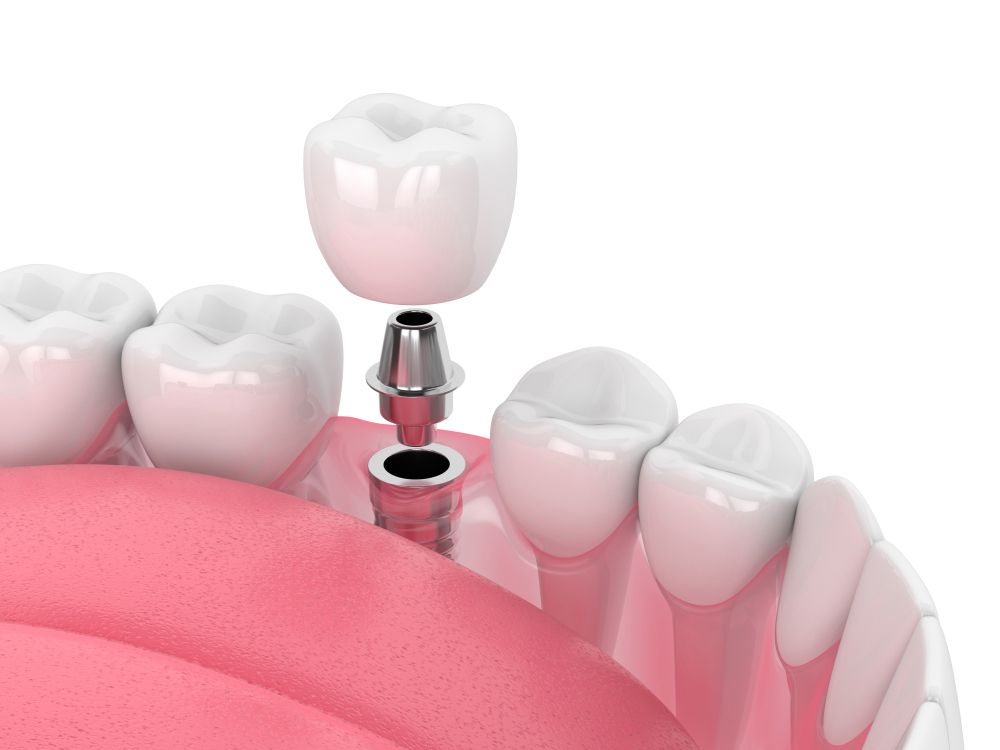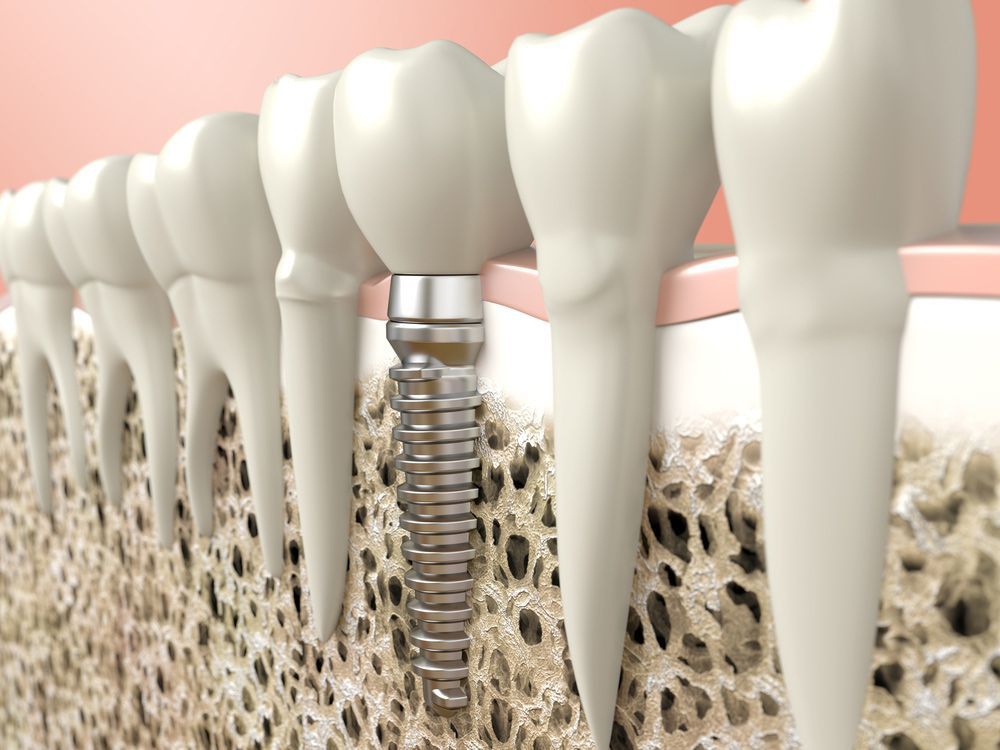Benefits Of Dental Implants
Dental implants provide a long-lasting solution for individuals who have lost one or more teeth. Unlike traditional dentures or bridges, dental implants offer numerous benefits to help improve oral health, functionality and overall quality of life. In this blog, we will explore the benefits of dental implants and why they are a reliable choice for tooth replacement.
1. Enhanced Aesthetics
One of the most noticeable benefits of dental implants is their ability to restore your smile. When a tooth is lost, it not only affects the functionality of the mouth but also impacts facial aesthetics. Dental implants address this issue by replacing the entire tooth structure, including the root. The result is a restoration that closely resembles a natural tooth in terms of appearance, shape and colour.
The dentist carefully matches the implant to the surrounding teeth, ensuring harmonious integration. This can help boost self-confidence and improve social interactions.
2. Improved Ability To Chew And Speak
Missing teeth can make it difficult to eat certain types of food and pronounce words correctly. Dental implants provide a strong and stable foundation that allows for efficient chewing and improved speech clarity. Unlike traditional dentures, which may slip or cause discomfort while eating, implants function just like natural teeth, enabling you to enjoy a wide variety of foods without restrictions.
The implanted tooth is securely anchored into the jawbone, providing a firm biting surface that can withstand the forces of chewing. This enhanced ability to chew can have a positive impact on overall nutrition and well-being.
3. Long-term Durability
When properly cared for, dental implants can last a lifetime, making them a long-term investment. The implant itself is typically made of titanium, a biocompatible material that integrates with the jawbone. This fusion creates a sturdy and permanent bond that mimics the natural root of a tooth.
Dental implants are designed to withstand the daily forces of biting and chewing, offering durability and strength. With regular dental check-ups and good oral hygiene practices, such as brushing and flossing, dental implants can provide a reliable solution for tooth loss.
4. Preservation Of Bone And Facial Structure
When a tooth is lost, the underlying bone in the jaw begins to deteriorate over time. This bone loss can lead to changes in facial structure, making you appear older and affecting your overall look. Dental implants help preserve the natural bone by stimulating its growth and preventing further deterioration.
The implanted tooth root provides the necessary stimulation to the jawbone, promoting bone regeneration and preventing bone loss. By maintaining the integrity of the jawbone, implants support the facial structure, preventing sagging and maintaining a more youthful appearance.
5. Better Oral Health
Unlike a tooth-supported bridge, dental implants do not require altering your other teeth. This means more of your natural teeth are left intact, enhancing long-term oral health.
Dental implants are also more comfortable and convenient compared to other tooth replacement options. They eliminate the inconvenience of removing and cleaning dentures, making oral hygiene routines simple and easy. Individuals with dental implants can brush and floss their teeth just like they would with natural teeth.
Making A Choice - Dental Implants In Newcastle
If you're considering dental implants, consult with a dentist to determine if you are a suitable candidate.
At
Honeysuckle Dental, we offer dental implants in Newcastle.
Our team focuses on education and open communication to help you fully understand your treatment options and ongoing care requirements. From the initial consultation to the final restoration, we will walk you through the entire process, addressing any questions or concerns you may have.
Contact us to schedule an appointment.











